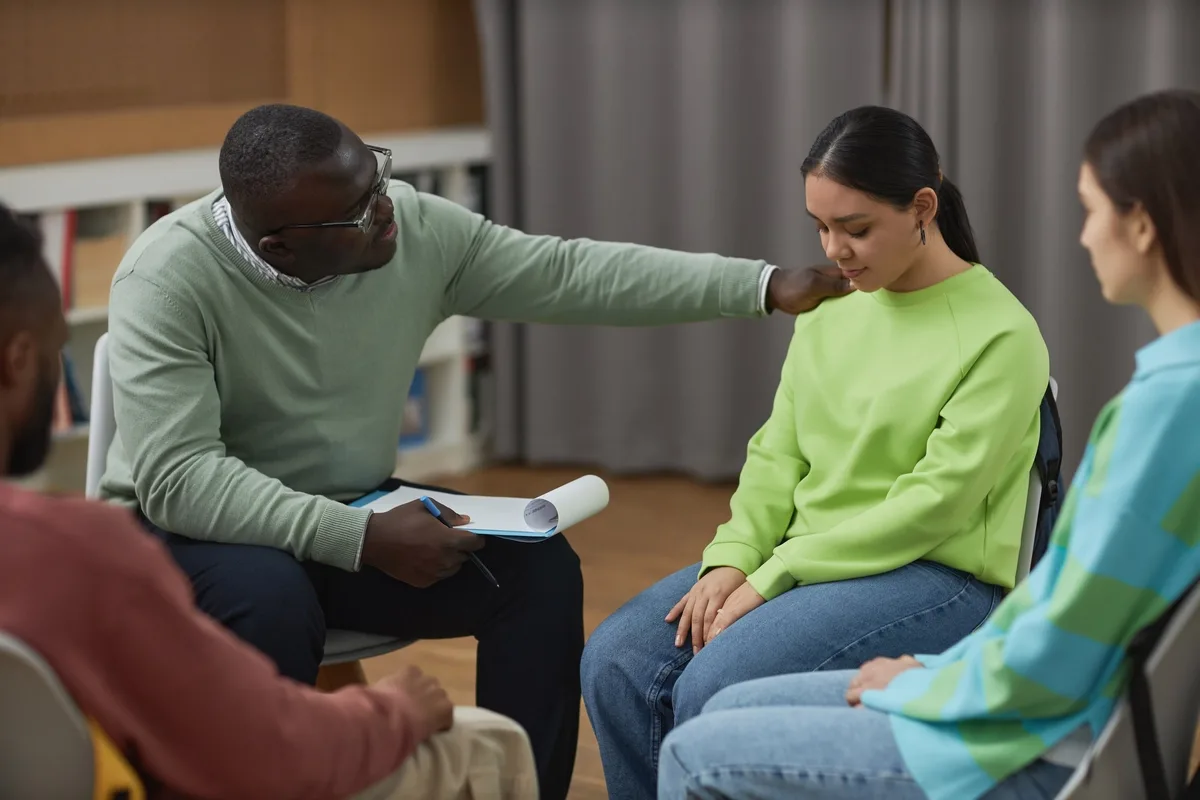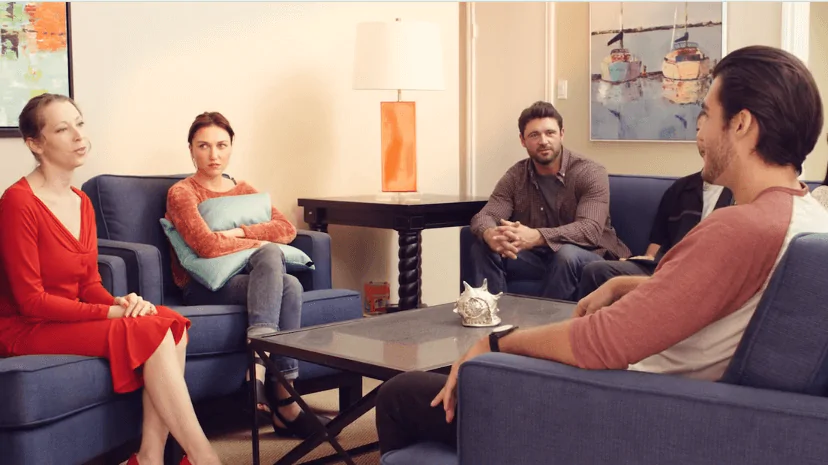24/7 Helpline:
(866) 899-221924/7 Helpline:
(866) 899-2219
Learn more about OCD Treatment centers in West Hollywood
OCD Treatment in Other Cities

Other Insurance Options

Ceridian

Ambetter

Covered California

EmblemHealth

Absolute Total Care

Magellan

Multiplan

Horizon Healthcare Service

Regence

Carleon

Oxford

UnitedHealth Group

WellCare Health Plans
Beacon

Health Partners

American Behavioral

Providence

Medical Mutual of Ohio

Optum

MHNNet Behavioral Health

Insight Choices
Insight Choices, in West Hollywood, California, provides outpatient mental and behavioral health car...

CAST Centers
CAST Centers offers PHP and IOP treatment for those struggling with substance abuse and mental healt...







































Twin Town Treatment Centers
Twin Town Treatment Centers - Santa Monica Boulevard offers outpatient treatment for individuals wit...

WHRC – West Hollywood Recovery Center
WHRC – West Hollywood Recovery Center is a non-profit rehab located in West Hollywood, California. W...

Breathe Life Healing Centers
Breathe is dedicated to outstanding trauma-informed clinical care to each client and their family. B...

The Bill Coffey House Sober Living
The Bill Coffey House Sober Living is a private rehab located in West Hollywood, California. The Bil...



